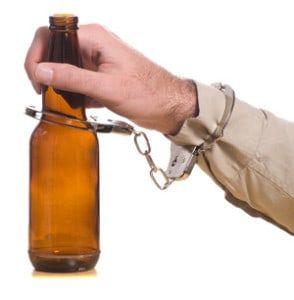 During its short legislative session, the North Carolina General Assembly will debate and possibly approve three DWI bills designed to strengthen the state’s drunk driving laws, including toughening the consequences for DWI and even changing the way DWI charges are prosecuted.
During its short legislative session, the North Carolina General Assembly will debate and possibly approve three DWI bills designed to strengthen the state’s drunk driving laws, including toughening the consequences for DWI and even changing the way DWI charges are prosecuted.
Under North Carolina’s current DWI laws, DWI offenders are either charged with a misdemeanor DWI or with a felony DWI. DWI offenders who are convicted of DWI and have three prior DWI convictions within the past 10 years are convicted of felony DWI and become habitual DWI offenders. The first bill, House Bill 40, lowers the threshold for a felony DWI conviction to two prior DWI convictions within 10 years.
Raleigh criminal lawyer Damon Chetson recently told PRWeb.com that HB 40 would make it easier to convict repeat offenders as habitual offenders because it’s more common for a drunk driver to receive three DWI convictions in 10 years than four convictions in 10 years.
The second bill, House Bill 31, would take away the look-back restriction that allows some habitual DWI offenders to be prosecuted for a misdemeanor DWI offense. That means that District Attorneys can prosecute DWI offenders as habitual offenders if they have been convicted of habitual DWI in the past, no matter how many years have passed.
A third bill, House Bill 183, would help prevent admissibility of blood results in certain cases by allowing hospitals to conduct blood or urine analyses to determine blood alcohol levels of DWI offenders. The proposed bill will help maintain blood alcohol tests and results as evidence in rural areas without crime labs.
